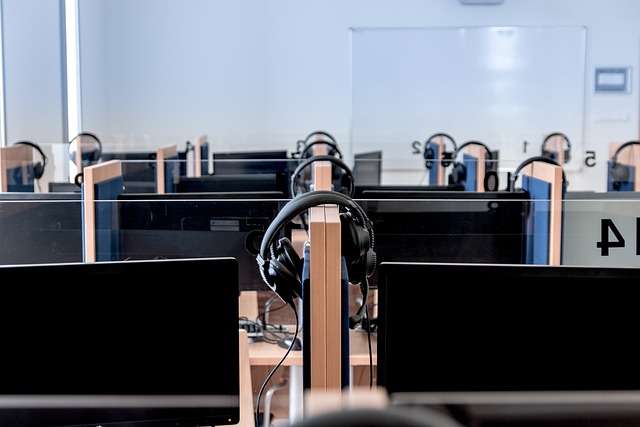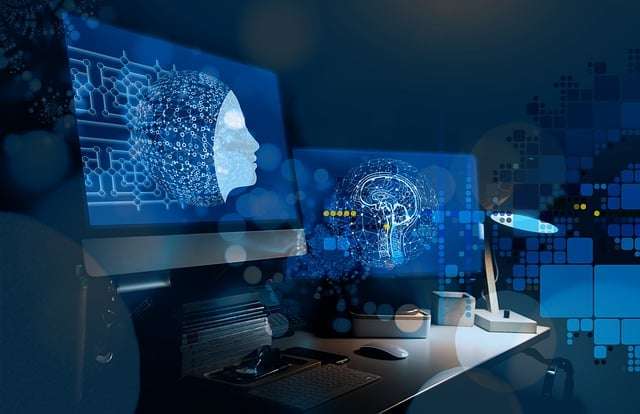The Role of ISO 42001 in AI Ethics
ISO 42001 plays a crucial role in establishing ethical guidelines for AI technologies. As artificial intelligence continues to permeate various sectors, the need for a standardized approach to ethical AI has become paramount. ISO 42001 provides a framework that helps organizations navigate the complexities of AI ethics, ensuring that their innovations align with societal values and legal requirements.
By adhering to ISO 42001, organizations can demonstrate their commitment to responsible AI development. This includes considerations such as transparency, accountability, and fairness in AI algorithms. For instance, companies implementing these standards can better manage risks associated with AI deployment, ultimately fostering public trust in their technologies.
Benefits of ISO 21001 for Educational Institutions
Implementing ISO 21001 offers numerous advantages for educational institutions aiming to enhance their operational effectiveness. This standard provides a management framework that focuses on improving educational processes and outcomes, ensuring that institutions can deliver high-quality education consistently. By aligning with ISO 21001, schools and universities can better meet the needs of their students and stakeholders.
Moreover, ISO 21001 facilitates continuous improvement in educational settings. Institutions can leverage this standard to conduct regular assessments and feedback loops, which are essential for identifying areas of enhancement. For example, schools that adopt ISO 21001 often report improved student satisfaction and better academic performance, making them more competitive in the educational landscape.
Understanding ISO 50001 and Energy Management
ISO 50001 provides a robust framework for organizations looking to improve their energy management practices. As energy costs continue to rise and sustainability becomes a priority, this standard helps organizations systematically manage their energy use, leading to significant cost savings and reduced environmental impact. By implementing ISO 50001, organizations can establish an energy management system that integrates energy efficiency into their overall strategy.
Furthermore, ISO 50001 encourages organizations to set measurable energy performance indicators, allowing them to track progress over time. This data-driven approach not only helps in achieving energy efficiency goals but also positions organizations as leaders in sustainability. For example, companies that have adopted ISO 50001 often report a decrease in energy consumption and a lower carbon footprint, enhancing their corporate reputation.
The Importance of ISO 27001 for Data Security in Education
ISO 27001 is essential for educational institutions aiming to protect sensitive data from security breaches. With the increasing reliance on digital platforms for education, safeguarding student and institutional data has never been more critical. This standard provides a systematic approach to managing sensitive information, ensuring that institutions can mitigate risks associated with data security.
By achieving ISO 27001 certification, educational institutions demonstrate their commitment to data protection. This not only enhances their credibility but also reassures students and parents about the safety of their personal information. For instance, schools that implement ISO 27001 often experience fewer data breaches and can respond more effectively to potential security incidents, thereby maintaining trust within their communities.




